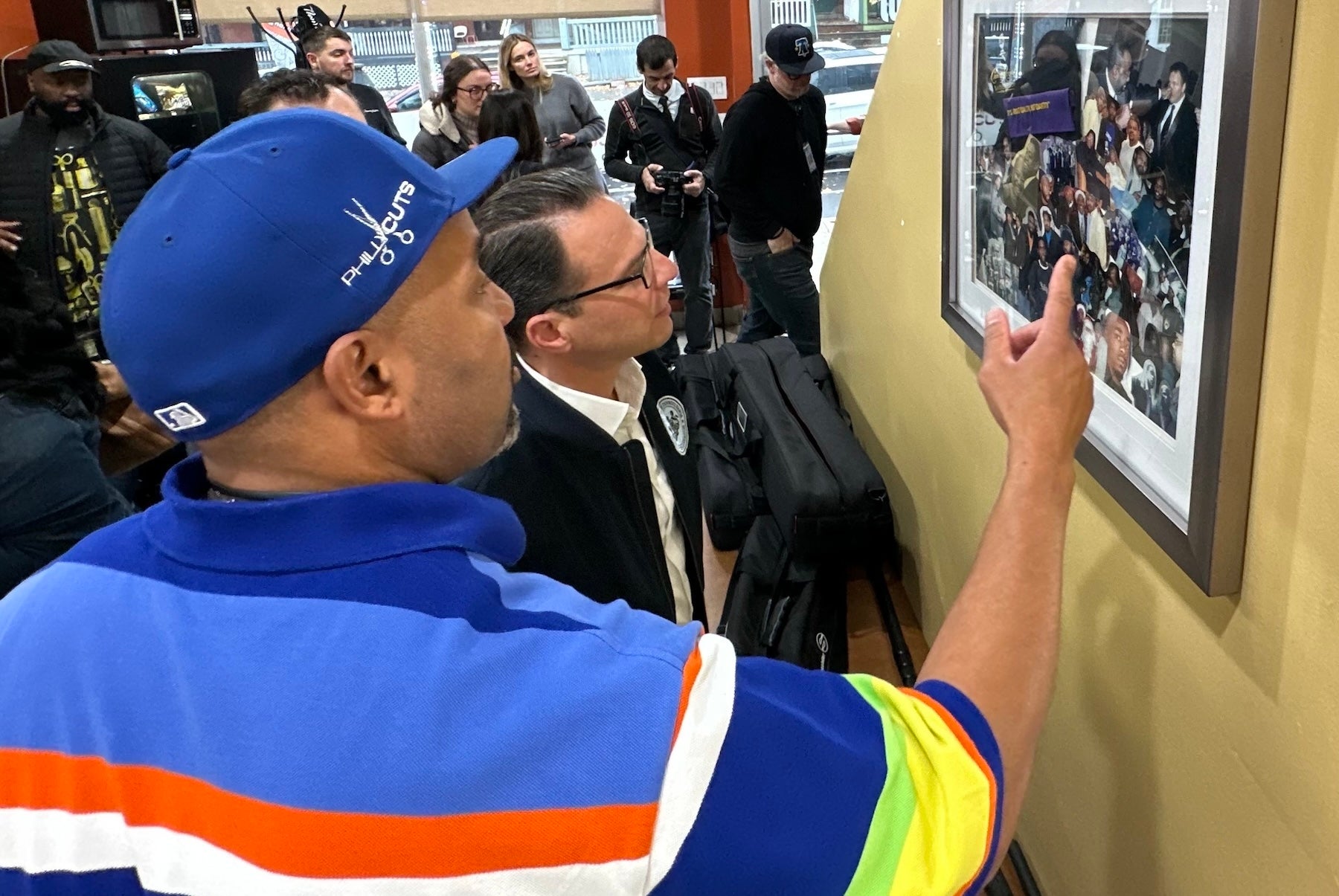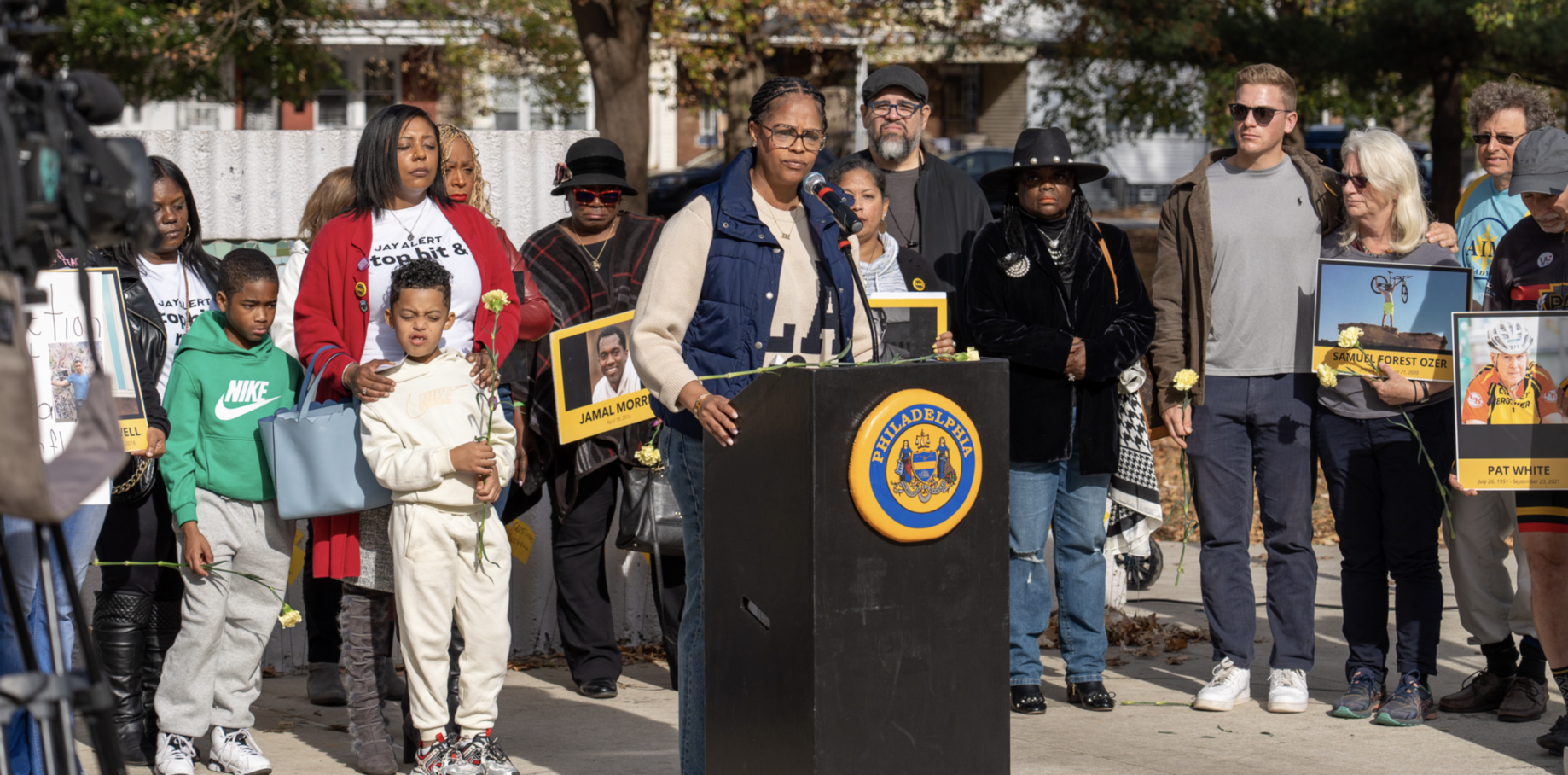Bussiness
Ken Paxton is misusing Texas’ new business court

After a Dallas trial court rejected Ken Paxton’s legal challenge to the State Fair’s ban on firearms, he appealed to the brand new 15th Court of Appeals — an appellate court that only started to accept cases on Sept. 1. This court is a part of Texas’ new business court system, which was designed to streamline complex corporate disputes.
While this appeal may be in the new court’s jurisdiction, it is not the type of case it was meant to handle. Paxton’s decision to bring this politically charged and legally questionable case to this new court undermines its intended purpose and interferes with a successful start to its operations.
The creation of the Texas business court system was intended to help build a pro-business legal environment for corporations operating in Texas. By providing specialized courts for business disputes, the aim was to attract more businesses to Texas by offering a place to resolve intricate issues involving contracts, mergers and corporate governance. The model was the respected and expert-driven court system that Delaware has developed over many years for corporate law.
The new 15th Court of Appeals will hear all appeals from business courts statewide. The 15th Court also has jurisdiction over several types of cases that involve state government or the constitutionality of state laws. That additional jurisdiction was intended to encourage statewide uniformity and solve a perceived problem with the large docket of the 3rd Court of Appeals in Austin, which has traditionally heard many such appeals.
The State Fair case starts the 15th Court off on the wrong foot. The case obviously has nothing to do with corporate governance.
What’s more, Paxton’s lawsuit directly conflicts with a basic principle of Texas property and contract law. The relevant statute allows an owner of property to ban firearms from that property. As the tenant of the city of Dallas, the State Fair owns a “leasehold” property interest that brings it within the scope of that statute. Paxton’s position is that state laws about the right to carry firearms in public places override the State Fair’s contract rights. That position is directly contrary to the longstanding principle that Texas courts give strong protection to freedom of contract.
Asking the 15th Court to go against that principle, in its first high-profile matter, is directly contrary to the most fundamental aspects of establishing that court as a good place to resolve commercial cases. It’s also a misuse of resources. The business courts are intended to address matters that have a far-reaching impact on the corporate landscape, not landlord-tenant disputes, which fit comfortably within the jurisdiction and expertise of long-established courts.
It is no answer that the 15th Court has jurisdiction that extends beyond business court cases. The problem in the State Fair case arises because of tension between two statutes enacted by the Legislature — one that protects individuals’ right to carry firearms in public places, and another that protects the rights of private property owners to control what happens on their property.
The solution to that problem also lies with the Legislature, which has revised Texas firearms laws in almost every legislative session for at least a decade. Anything that the courts do this year is, at best, a stopgap until the Legislature makes a definitive judgment on this matter in 2025. There’s nothing so pressing about this issue that compels it to become the first high profile case to be addressed by the Fifteenth 15th Court.
The credibility of the business courts depends on their perceived impartiality and expertise in corporate law. Companies come to courts such as Delaware’s Chancery Court precisely because they offer specialized knowledge and a focus on business law issues. Paxton’s politically charged appeal risks creating a perception of the business courts as just another stage for political grandstanding.
David Coale is a Dallas lawyer.
We welcome your thoughts in a letter to the editor. See the guidelines and submit your letter here. If you have problems with the form, you can submit via email at letters@dallasnews.com









